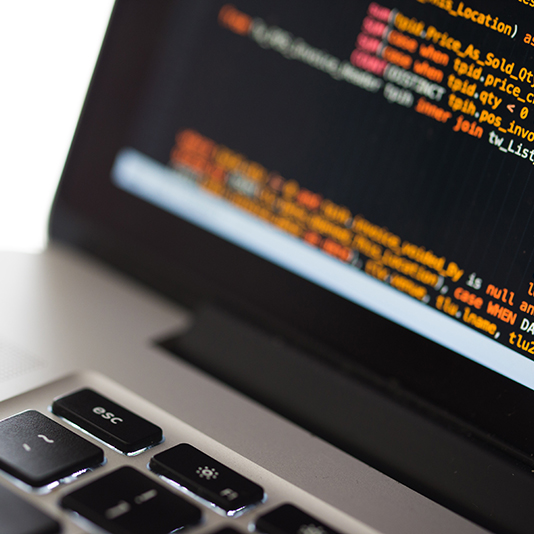Further Reading and Resources:
- Blockchain Applications in the Public Sector.
- Palfreyman, J. (2017, February 1) Blockchain for government: Building trust, Demolishing Bureaucracy. (IBM): IBM Blockchain Blog.
- O’Reilly, T. (2013) Open Data and Algorithmic Regulation. In Goldstein, B. and Dyson, L. (eds.) Beyond Transparency: Open Data and the Future of Civic Innovation.
- Rockwell, M. (2017) BitCongress—Process For Blockchain Voting & Law.
Blockchain Technologies
Blockchain Technologies were developed to underpin digital currency by securing, validating and processing transactional data. Such elements of Blockchain technology, which were conceived initially for Bitcoin, are now recognised to have far-reaching potential in other areas, especially for government. The core technologies are:
Distributed Ledger Technology (DLT) — a decentralised database where transactions are kept in a shared, replicated, synchronised, distributed book-keeping record, which is secured by cryptographic sealing. The critical distinction between ‘distributed ledgers’ and ‘distributed databases’ is that nodes of the distributed ledger cannot/do not trust other nodes—and so must independently verify transactions before applying them.
Smart Contracts — these are the rules, possibly computer programs, that attempt to codify transactions and contracts with the intent that the records managed by the distributed ledger are authoritative for the existence, status and evolution of the underlying legal agreements they represent. Smart contract technology can automate transactions, such as supply chains, and have the potential to automate laws and statutes.
Governments are increasingly launching projects that apply Blockchain technologies to transform regulatory compliance, contract management, identity management and government records. Other potential uses in facilitating elections and direct democracy models are also being discussed and developed.
Related Papers and Publications

Algorithmic Government - The Computer Journal
Paper #02
Paper #03
Paper #03

Next GovTechLab Event
Latest News
DataNet Workshop “Identity and Data in Local Authorities” (Jan 9th, 2020 UCL)
DataNet Workshop "Identity and Data in Local Authorities" (Jan 9th, 2020 UCL) Led by GovTech Lab's CTO Dr. Catherine Mulligan, a workshop was held investigating the role of identity and data in Local Authorities and the role that emerging technologies can play in the...
read moreLocation Data Technologies and Their Societal Implications (Digital Ethics Workshop, Jan 10 UCL)
Location Data Technologies and Their Societal Implications Digital Ethics Forum Workshop 3 10th January, 2019, 10.30-15.30 Institute of Education 20 Bedford Way 802 Hosted by: Mirco Musolesi (UCL Geography) and Didem Ozkul (UCL Culture, Communication and Media) How we...
read moreNew Research Project: “Translating Algorithm Ethics into Engineering Practice” Funded by Cisco Research Centre
New Research Project: "Translating Algorithm Ethics into Engineering Practice" Funded by Cisco Research Centre We are pleased to announce the confirmation of a new research project, "Translating Algorithm Ethics into Engineering Practice", with Adriano Soares...
read more



